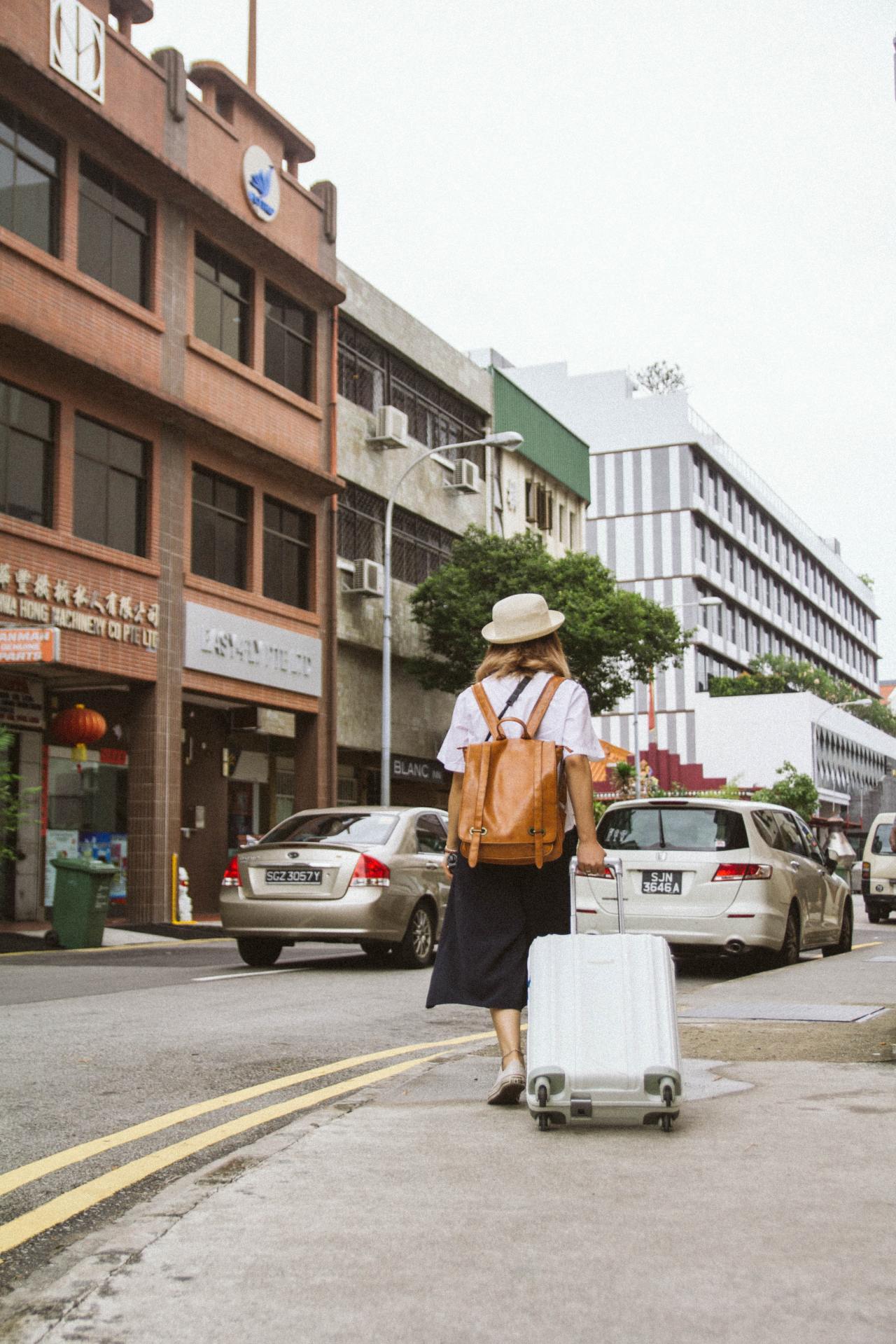
Here’s What No One Tells You About Moving Away From Home
When I moved out for the first time, I was still living in close proximity to my mother. I would go have lunch and dinner with her and walk the dogs. I would call her to ask her to please take me to the doctor, yes, at 23 years old. The pandemic hit and we still saw each other, taking all the precautions and sharing a meal from time to time. I missed her, her cooking, her non-stop talking and her sporadic holding of hands, but I didn’t really know it yet. But then! Then I moved to the United States.
The first couple of months I lived in a city where my father and my older sister live, so the family was still in close proximity. And my mother? She was able to visit at least once from Argentina. She made me milanesas con pure and I was the happiest girl in the world. What is it about a mothers cooking that makes one so warm? In my case, it’s her way of saying “I love you.”
So, what is so interesting about a girl talking about leaving her country? Her house? Her mother? What do I have to say about it that is so important? Nothing really. But maybe out there there is another young-adult that left their country and their home and their mother and this makes them feel less alone. Between the changes and the aftereffects of the pandemic, which made my already very introverted self even worse, life started to seem far too difficult. But still I chose to stay.
I moved to NYC later that year, and not all was dark and gloomy: I was lucky to have a sister living there too, I started writing again, I finished the first draft of a novel I hope one day people will read, and started three other projects. I made two (yes, only two) very good new friends. I am bad at making new friends. It’s proven to be very difficult for me.
I started working as a salesperson in an Argentine perfume shop. I don’t like talking to strangers, but somehow the thing I ended up enjoying the most about working there was talking to clients. I had to explain what “mate” was a billion times and I loved it. I also had to deal with people thinking my “third world country” sucked and others gave me lessons about my own country’s history. People told me “you have an accent” a billion times and it made me self-conscious. But I also met people that loved Argentina and our food and the warmth of the Argentinian people. In that exact same place, I met a girl named Joni. We talked for hours and I had to close the store! About Borges and anime and TV shows we thought were extremely well written. Being able to talk about things I’m passionate about for the first time in the States with someone that just came in to buy a perfume was an extraordinary experience for me, the girl who cannot communicate. These types of conversations are the ones I have with my mother.
My mother taught me to love books and read. She taught me history when I was failing in school and I fell in love with it. She taught me to love knowledge in general and every book she ever gifted me has always been perfect. My mother had six children and she is now an empty nester. I haven’t seen my mother in over a year and I’ve come to realize it’s far more difficult than what I thought it would be. I’m a writer, and I write poems. Mostly in Spanish. And when I write I realize emotions I didn’t know I had. Last time I wrote about my mother, I realized the amount of times I cried for her, missing her, like a child lost in a supermarket. At 25 years old.
This week I saw Never Have I Ever season 3 and (spoiler alert) in the final episode Devi has to make a choice: leave her hometown to go study in a prestigious high-school or stay for at least one more year (before college). She chooses to stay and it boils down to her wanting more time with her mother. A mother that drove her crazy the past three seasons, that held her when she cried, that loved her like a mother does. Devi is 16? I’m 25 going on 26 and still, I cried. It’s not near the same situation (I’m not that smart) but I just thought, what is the word for the child that grieves leaving the nest? Do we ever really stop needing our mother’s hug, or in my case, hand-holding?
